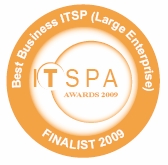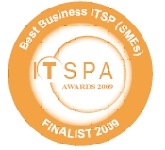It looks like nothing was found at this location. Maybe try a search or one of the links below?
The youth of today doesn’t know how to put an LP on a record deck. That isn’t entirely fair. It is pretty obvious that you take the vinyl disc out of its sleeve and slot it over the little nipple in the middle of the deck.
The only thing is on my old “music centre” in the attic you have to select tape, CD, phono or tuner and to someone who just downloads from iTunes it isn’t altogether clear that phono means record player.
I also had to show him how to press “start” to get start the deck revolving and move the arm over.
My 12 year old needed to write a review on a jazz record for his homework and Duke Ellington fitted the bill perfectly. Problem is it was on 12 inch LP and in the attic. I sometime retire to the attic on a Sunday afternoon with my pal Terry and a few beers to play with the train set and listen to some of the 250 albums and hundreds of singles that live up there.
Just for the record 12inches = 30cms and LP = Long Playing record. Happy days.



